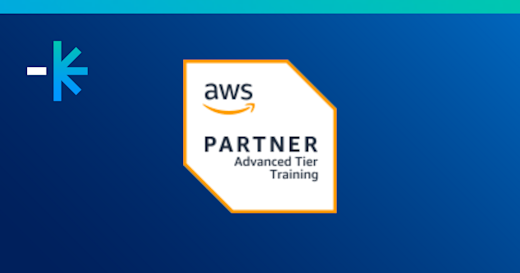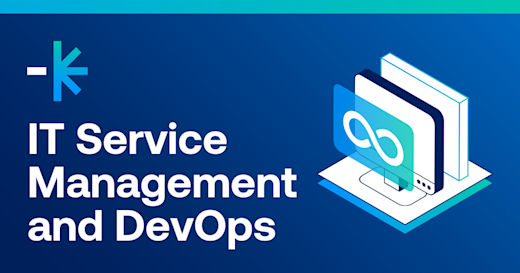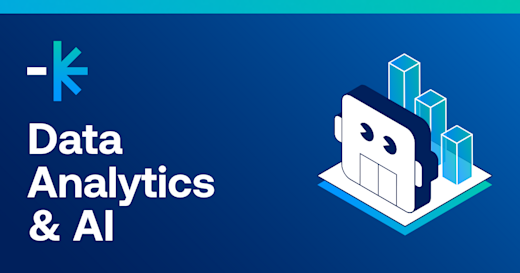Got a question? Call 1800 853 276 | Login
While Microsoft 365 can seem like a mere collection of Microsoft office apps that have been made available online, many are seeing that it can offer unprecedented productivity gains and collaborative capabilities. This is especially true when the implementation is done with care and the staff are equipped with the right skills.
One healthcare organisation that we recently engaged with shared their experiences with Microsoft Office 365 training through DDLS.
Leveraging Microsoft 365 for Productivity in Healthcare
In 2021, Microsoft announced updates to address industry-specific requirements like in Healthcare.
For example, the Bookings app in Microsoft Teams helps organisations schedule and manage virtual appointments for healthcare consultations, interviews, customer support and more.
Teams for Healthcare also offers features like Electronic Healthcare Record (EHR) integration, secure messaging, templates and care coordination.
And with SharePoint Online training, healthcare professionals can easily access patient records from a secure database and ask for input from other medical professionals in a way that aligns with the company’s data protection policies.
Michelle's Microsoft 365 Training Story
Michelle Nicholson is a student who attended our End User application training sessions. She is part of a Hospital and Health Care company in Melbourne, Victoria. We thank her for sharing her experiences of learning about end user applications in Microsoft 365.
Microsoft 365 (M365 for short) is an umbrella term for several Microsoft applications and cloud-based services offered on a subscription basis. Given the changes in the way we work, many companies were keen to equip their employees with end user applications like those included in M365.
But beyond the provision of the tools, Michelle's organisation found that focusing on training and establishing an end user adoption strategy can support in increasing the team's productivity and improving processes to align with the company's policies and hybrid or onsite work arrangements.
Tell us a little bit about your current role.
Currently working for Yooralla as a Home and Living administration coordinator.
How did you come up with the idea of getting end user application training?
With the direction the division was heading and with migration of the divisions folders and files from SharePoint to Microsoft Teams, training for me was essential to develop a better understanding of how it all works.
What was your training experience like?
Training was an intense all-day session, and it was hugely informative. Rob, who facilitated the training session was inclusive, interactive and kept us all engaged throughout.
Any key takeaways from the training that stuck with you even today?
There were many takeaways from the session on the usability of teams, creating channels, tips on folders etc. And a favourite is the ability to transcribe meetings within the administration team and other meetings.
How has the training impacted your work?
The training has impacted my work greatly due to being able to begin the massive project of migration of the divisional site from SharePoint to MS Teams, with the first stage of moving the administration groups folders and files across to Microsoft Teams confidently. I am also able to now see the bigger picture for what is required in migrating the remaining division across and what will be required to communicate the usability of the folder/files etc. in MS Teams.
Team Manager Martha Bouterey adds:
My communication with DDLS was clear and straight forward and my communication with the trainer was the same.
You both followed up with any requirements, set up of the training on our site etc. The attendees were buzzing after the session and had a lot to say about what they learned and about how Rob conducted the training on the day.
Most enjoyable and I have already recommended your company to my work colleagues - with a request for Rob as the trainer. 😊
The Good Practice Framework for End User Adoption
Migrating to any software requires planning and preparation. And like any other IT solution, Microsoft 365 is only as good as the hardware, the software and how equipped your people are to adopt them and use them to make productivity gains.
Despite its benefits, adoption rates for businesses can be below what's expected. We discovered that there are three main roadblocks to adopting and maximising Microsoft 365:
Unplanned migration leading to post-migration problems
Lack of product and process training
No framework and change management strategy
In DDLS, we experienced these challenges firsthand, and we saw this takes place in our projects with other organisations. These have deepened our team’s understanding of how an end user adoption strategy can spell out success (or failure) for the implementation of online collaboration tools like those in Microsoft 365.
With these lessons, we developed the Good Practice Framework. It defines three pillars that enable all aspects of a successful implementation — training; guidance; governance — all underpinned by change management.
You can learn more about the Good Practice Framework and how it can apply to your organisation when you watch our webinar or access our eBook on End-User Adoption. You can also reach out to our team about getting started with End User Application training to improve adoption.









